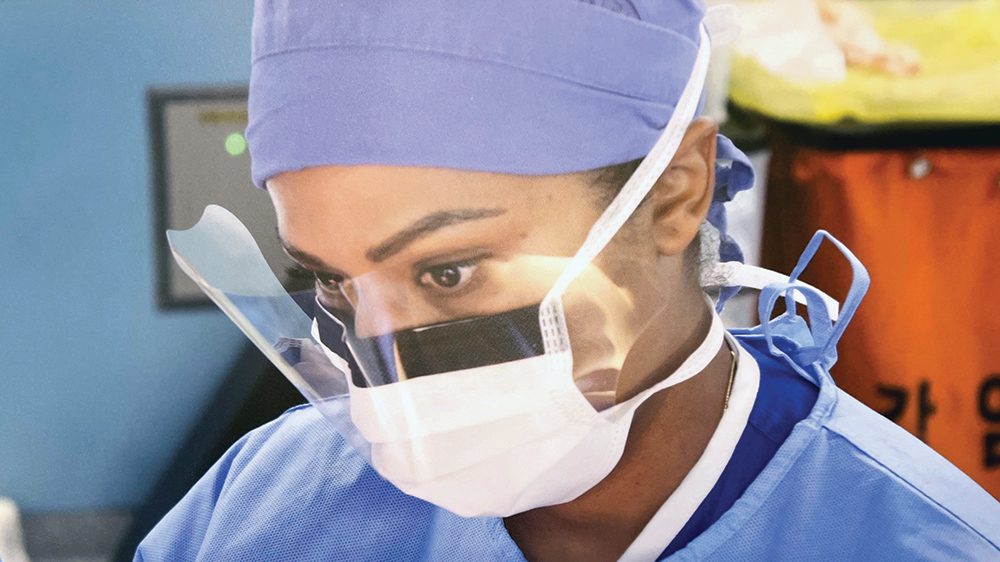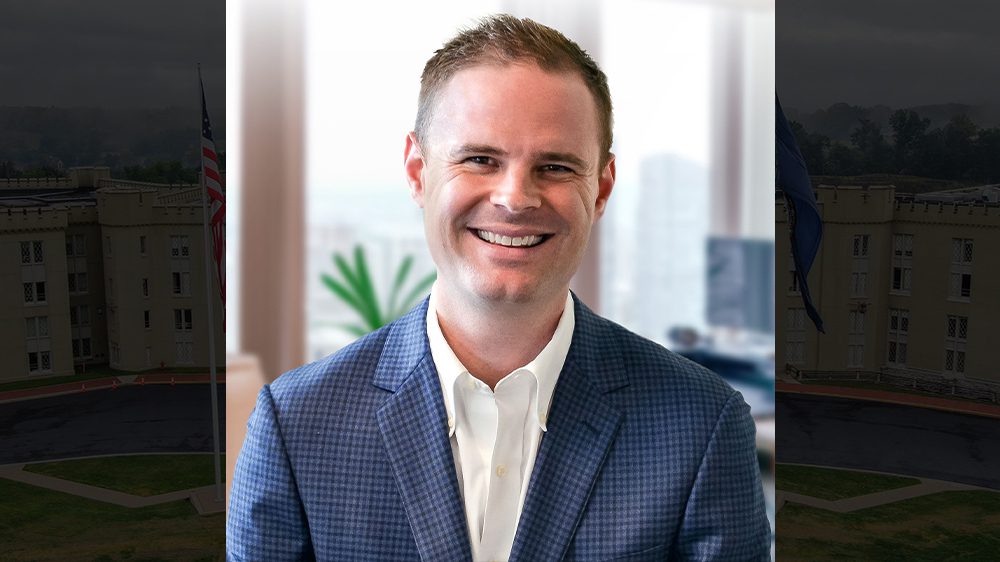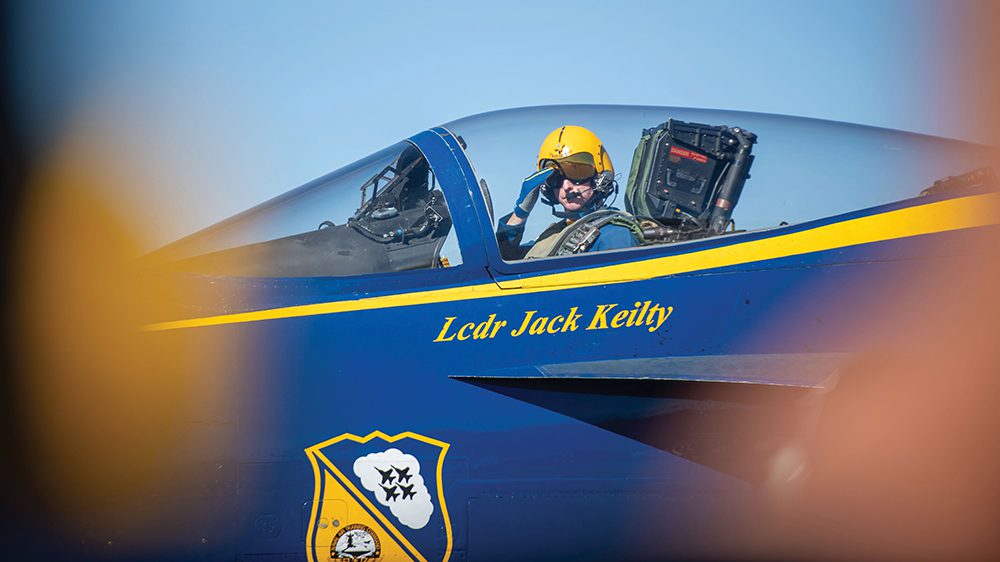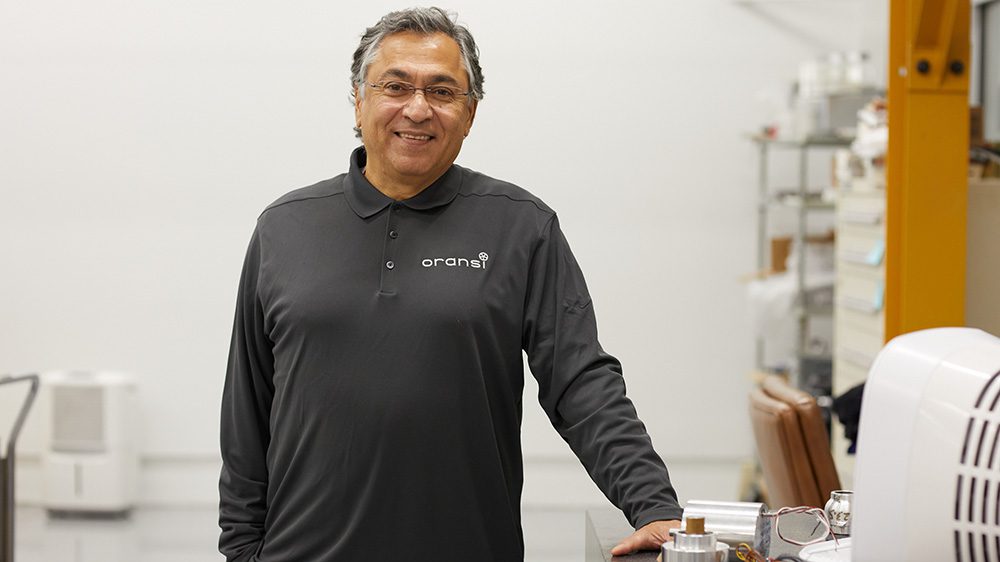In high school, U.S. Army Lt. Col. Alicia Williams ’03, M.D., considered entering the military or pursuing a path to medical school after graduation. Her top college choice at first was the U.S. Air Force Academy, but it was too far from her Northern Virginia home.
Setting her sights closer to home, Williams and her mother came to a VMI open house. Heading to Lexington, they were unsure what to expect. What they found were small class sizes and caring professors, plus a discipline that Williams felt would benefit her overall. “There was a structure that I knew I would need in college in order to succeed,” she said, “because I think, had I gone to a non-regimented college, I would have gotten lost in the shuffle.”
Thanks to that positive first impression, Williams chose VMI and hasn’t looked back, except in gratitude for all the Institute gave her. Today, in addition to being a general and burn surgeon, she’s the U.S. Army Burn Flight Team chief medical officer, which is part of the U.S. Army Institute for Surgical Research, located at Joint Base San Antonio-Fort Sam Houston in San Antonio, Texas. Williams is also the U.S. Army Institute for Surgical Research chief medical officer.
Close relationships with professors and brother rats were key to Williams’ success. As a biology major, she appreciated support from Col. Wade Bell, Ph.D., now head of the biology department; Col. Richard “Dick” Rowe, Ph.D., professor of biology; and the late Col. Tom Baur ’75, Ph.D.
“My first two years, my grades weren’t that great, but they improved enough that I graduated with stars,” Williams said. “The professors cared, and you got so much individual attention.”
Col. Rose Mary Sheldon, Ph.D., then-professor of history, was a key figure in Williams’ support system, as she frequently invited cadets to dinner at her house. The fellow cadets who sat around Sheldon’s table became the young cadet’s friends for life.





